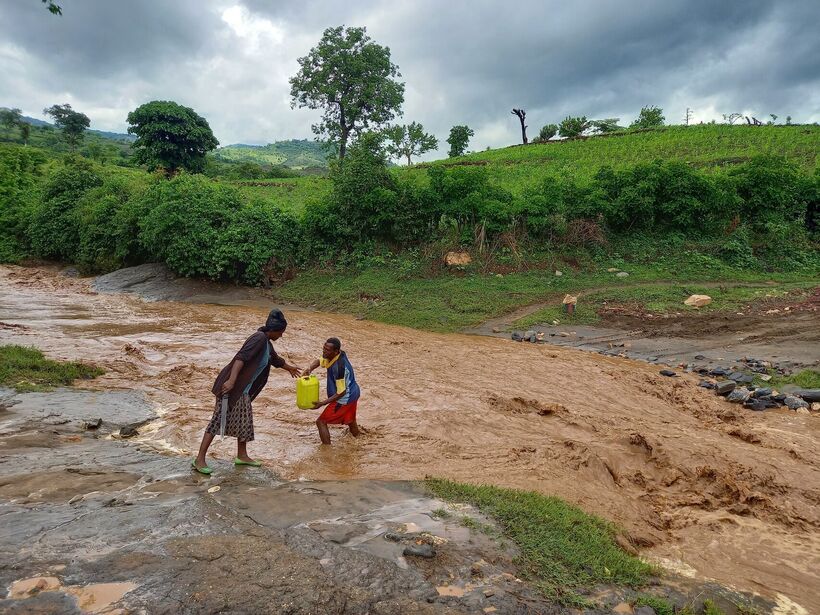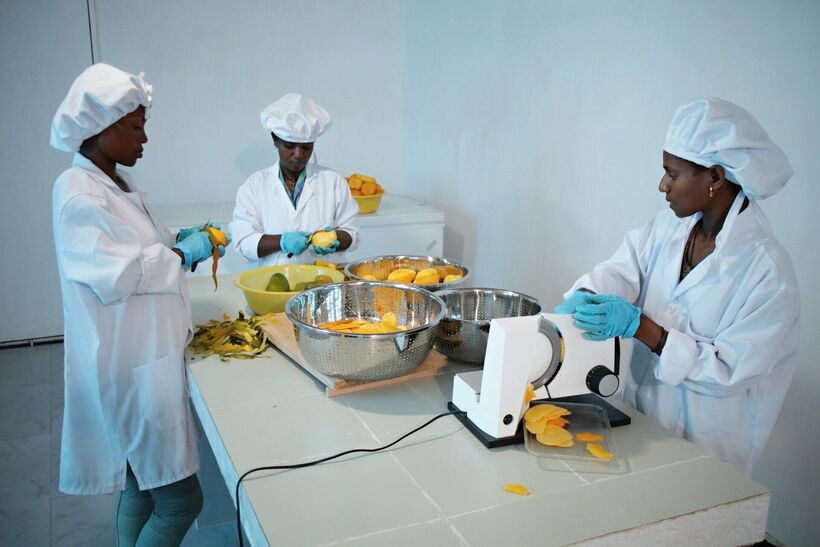Ethiopia
Ethiopia
THE CURRENT SITUATION
Ethiopia is one of the fastest growing economies in the region and the second most populous country in Africa, with long-term growth in development indicators across the SDGs. However, despite the positive trend, Ethiopia still ranks among the least developed countries in the world, ranking 173rd out of 189 countries in the Human Development Index. UN projections place Ethiopia in the top ten most populous countries in the world in 2050 (up to 200 million), underscoring its importance not only regionally but globally. Despite a long-term downward trend, Ethiopia is still dependent on the agricultural sector, which accounted for 67% of the country's employment in 2019, and subsistence agriculture remains crucial for a significant part of the rural population. Ethiopia is not only coping with adverse natural conditions due to climate change, but also with an unstable international and national political situation or low levels of health care. Recurrent droughts negatively affect up to 8 million people in 2022, and the ongoing internal conflict, which has so far left 4.5 million internally displaced people (2022) and nearly 26 million people in need of humanitarian assistance (2022), leaves the country at risk of food insecurity and stagnation of its own development. Currently, prices of staple foods and other commodities are skyrocketing due to rising inflation. Ethiopia remains one of the countries with the lowest access to drinking water in sub-Saharan Africa, and lack of access to safe water is also a common cause of disease (e.g. cholera). Other challenges in Ethiopia are the low availability of adequate sanitation facilities, chronic malnutrition, or limited access to education, which is limited to an average of 2.9 years of schooling, compared to a world average of 8.5 years (2019). Despite the rapid growth of the Ethiopian economy, disparities in living standards between urban and rural residents, who represent 78% of the population (2020), persist, as do inequalities between men and women.
CZDA ACTIVITIES
The Czech Republic has been active in the country since 2001 with the aim of contributing to human, social and economic development here. In 2012, Ethiopia became a programme country of the Czech Republic's foreign development cooperation and will remain so in the upcoming programming period 2024-2029. Geographically, projects are mainly focused on the Southern Nations, Nationalities and Peoples Region (SNNPR), the Sidama region and now also the Tigray region. The new cooperation programme builds on previous successes and experiences. The first priority area remains agriculture and rural development. The main focus is on supporting agricultural (women's) cooperatives, introducing better agricultural practices, sustainable use of natural resources, rehabilitation of agricultural land and development of economic activities in cooperation with the private sector. In the area of sustainable management of natural resources, we aim to ensure access to drinking water, improved sanitation and sustainable management of water resources. Our foreign development cooperation also includes a unique CRA-funded project to develop geological and hydrogeological mapping in Ethiopia. In addition, as part of inclusive social development, we are completing training projects that contribute, for example, to improving the quality of apprenticeships in the leather sector or to an inclusive approach to education. Development cooperation programmes with Ethiopia: the 2024-2029 Programme (under preparation), the 2018-2023 Programme, the 2012-2017 Programme.
Development Cooperation Programmes with Ethiopia:
Programme for the years 2018–2023
Programme for the years 2012–2017



